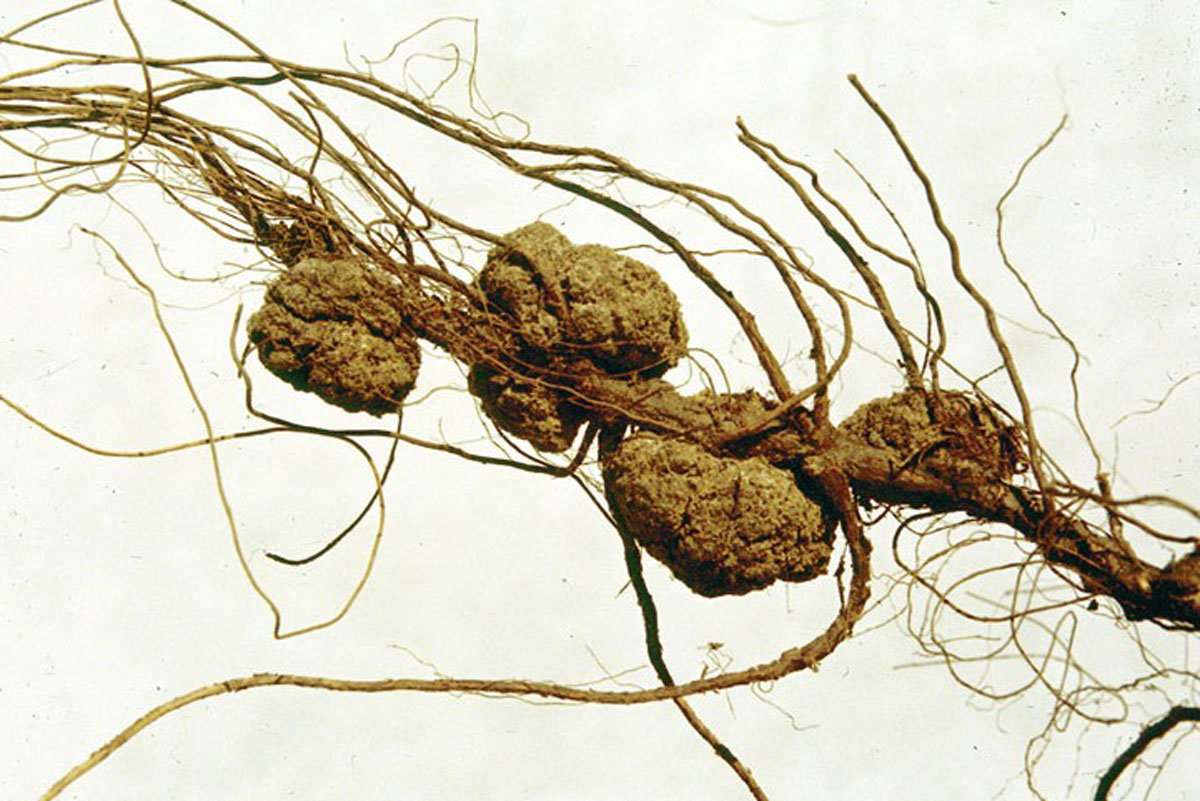
We speak to AMPARO SANZ:
The answer to this is yes. Plants can reproduce errors in the growth of some cells, which would cause the formation of cell masses or tumours that could be considered cancers. However, there are differences with the usual cancer we know of, animal cancer. The main difference is what causes it. Plant cancer can have many causes, but they are generally associated with infections from different organisms, such as viruses, bacteria, fungi, or insects.
One of the most common causes is associated with the bacterium Agrobacterium tumefaciens. This bacterium introduces a plasmid – a molecule of circular DNA – in the infected cell. It contains genetic information regulating the cellular cycle. The plasmid, therefore, controls cell division and boosts it to uncontrolled levels. This increase in cell division is the basis for the formation of the cell mass that forms the tumour. It is also common to see galls on the leaves of several plants caused by the eggs of different insects. This swelling can also be considered cancer.
Another substantial difference with animal cancer is the fact that plants do not suffer from metastasis, because plant cells do not migrate. Moreover, plants do not have irreplaceable organs: even if the tumour blocks the function of an organ, it will not kill the plant, because other similar organs can fulfill those same functions.
Amparo Sanz. Tenured professor at the Department of Vegetable Biology of the Faculty of Biological Sciences of the University of Valencia.





